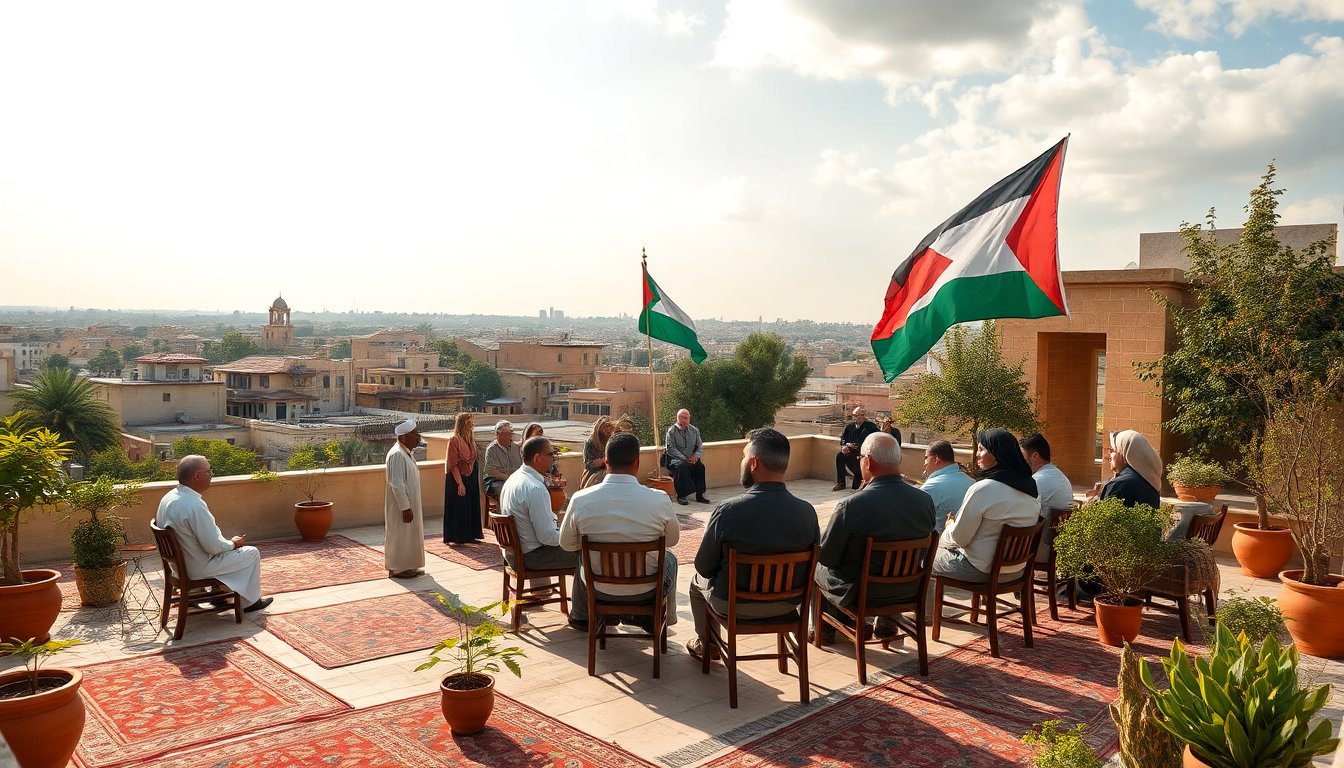Table of Contents
The ongoing conflict in the Middle East remains a significant concern as various factions evaluate their positions amid external diplomatic initiatives. Recently, Hamas, which governs the Gaza Strip, has shown a willingness to engage with the peace plan proposed by former President Donald Trump. This development arises as the organization faces increasing pressure from multiple Muslim nations that seek a resolution to long-standing tensions.
To understand this situation, it is essential to examine the 20-point plan and the reservations expressed by Hamas. While the group is open to dialogue, its leaders emphasize specific concerns that require addressing.
Hamas’s perspective on the peace plan
The initiative outlined by Trump offers a comprehensive framework aimed at resolving the Israeli-Palestinian conflict. However, Hamas has communicated to mediators that they are not outright rejecting the proposal, yet several elements raise concerns. The group’s leadership has voiced apprehensions regarding certain terms that may undermine their position.
Key concerns from Hamas
Among the main issues raised by Hamas are clauses that they believe fail to adequately protect Palestinian interests. Historically, the organization has fought for the rights of Palestinians, and any plan perceived as compromising those rights likely faces resistance. For instance, the proposed arrangements concerning territorial boundaries and the status of Jerusalem have emerged as critical points of contention.
Additionally, the group has expressed skepticism about the U.S. role in facilitating peace, given its long-standing support for Israel. This context complicates Hamas’s engagement with the peace process, as they navigate pressures from neighboring countries and their ideological commitments.
Influence of Muslim nations
The regional landscape significantly influences Hamas’s approach. Several influential Muslim nations, particularly those with considerable geopolitical clout, have urged the group to consider the implications of rejecting the peace plan. This external pressure is often accompanied by a call for unity among Palestinian factions to present a cohesive front in negotiations.
Diplomatic channels and potential outcomes
As diplomatic channels remain open, Hamas’s leaders are weighing the potential benefits of engaging with the plan against the risks of alienating their base. The militant group understands that any decision will attract scrutiny from both supporters and critics. Therefore, they must carefully balance internal pressures with external diplomatic realities.
While the peace initiative may offer a pathway toward resolution, Hamas’s leadership is acutely aware that their acceptance of any terms must resonate with the sentiments of the Palestinian people. The challenge lies in finding common ground that respects the aspirations of their constituents while also addressing diplomatic pressures from regional allies.
The willingness of Hamas to consider Trump’s peace plan signifies a potential shift in their approach to conflict resolution. However, the group’s inherent reservations and the influence of surrounding Muslim nations will undoubtedly shape the discourse moving forward. As this situation evolves, all attention will be on Hamas to see how they navigate these complex dynamics in the pursuit of lasting peace.


